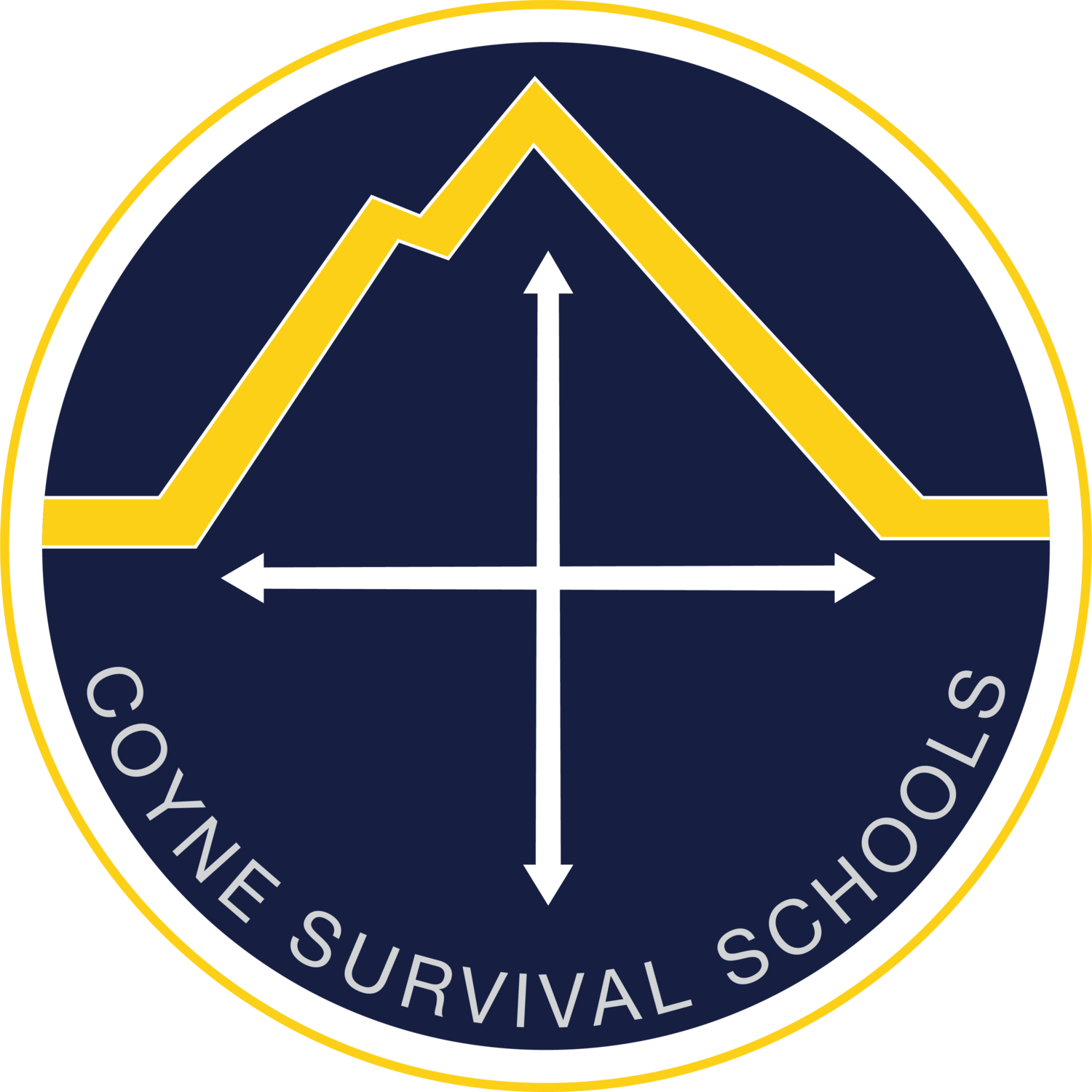As much as we like to think otherwise, our behavior- or more appropriately human behavior- is often predictable. We react in very similar ways when faced with similar stimuli. This means we also make many of the same mistakes when faced with similar problems to solve. As such, when researching the dangers of a chosen pursuit it is important to research the most common mistakes made, and most common emergency scenarios encountered while performing said pursuit. In this way, we avoid “what if’ing” our selves to death. As stated previously, there are a wide range of accidents and emergencies that can occur when working and playing outdoors, as we can’t prepare for them all, we should prepare for those we are most likely to face.
Disaster synergy; when everything comes together in just the wrong way. Synergy is defined as two or more things functioning to getter to produce a result not independently obtainable. More often than not, when humans create disasters, there is a synergy a work. It is not a single error- but a series of mistakes, and poor responses to them- that result in the full blown survival situation or other emergency occurring. An individual’s response to an initial serious mistake is often hurried and panicked, like overcorrecting a steering wheel if you will. Even if you are an attentive driver, if someone suddenly swerves into you head on from the incoming lane leaving you less than a second to react-more often than not a person will- out of reflex and terror- pull the wheel with so much force it sends the car hopelessly out of control even if not struck. Though a well reasoned and reflective person may know that you should only jerk the wheel hard enough to avoid the collision, that is no longer the person at the wheel. The person at the wheel has had their entire reality turned upside down in milliseconds. It seems everything about their existence at the moment is trying to kill them. Their situation is deadly, their room for error non existent. This does not a well reasoned and rational person make. This means the person at the wheel is no longer thinking but reacting, which is a recipe for disaster when unprepared or untrained. In my research, the following three mistakes seem to manifest in nearly every human caused disaster/survival situation;
Preparedness issues. Preparedness is often a determining factor in survival. Those who die of exposure were often woefully unprepared to face overnight conditions outdoors. Most day hikers will enter the outdoors with a way to make fire, purify water, treat serious injuries, create an emergency domicile, or signal a rescuer.
Lack of training/research & Poor training/research. This ties into to all of the other mistakes covered. The untrained individual is much more likely to make the most common mistakes that occur during their undertaking, and much less likely to be prepared for an emergency. Inadequate training can allow someone to miss things that would be obvious to the well trained individual. Choices are more likely to be poor, their normal standard of “critical thinking” may not apply, and the desperate effort made to save one’s own life may be applied inappropriately.
Underestimating the task. It is all too easy to feel the rush of the great outdoors and it’s many amazing experiences, and to overcommit or “get in over your head”. This is often expressed by going out too far into the field with too little equipment (i.e.; inadequate cold/wet protection, inadequate h2o, etc), climbing above your skill level, and swimming in dangerous currents (such as drinking vacationers along mountain rivers). Complacency kills, and the attitude of; “it’s just a short/simple hike I don’t need emergency gear” or “I don’t need survival training I just go for day hikes” will leave you unprepared when it matters most.



